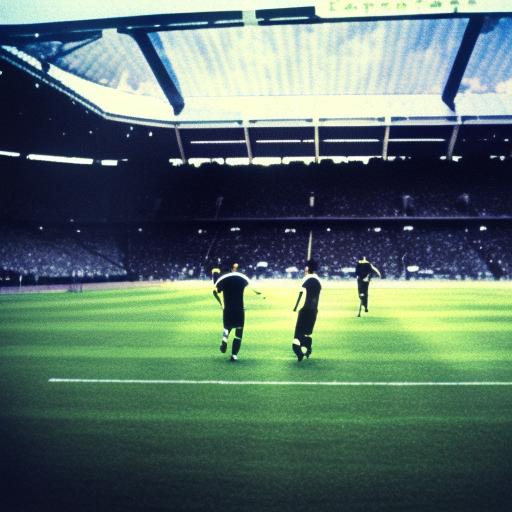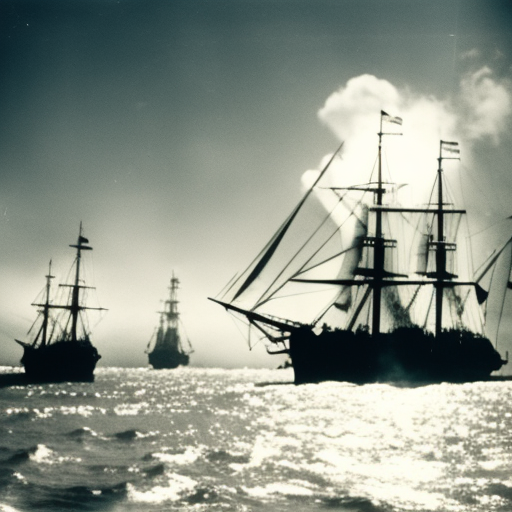Summary:
The 2006 FIFA World Cup was the 18th edition of the international soccer tournament, held in Germany from June 9 to July 9, 2006. The tournament featured 32 teams from around the world competing in 64 matches across 12 host cities. Italy emerged as the champions, defeating France in a thrilling final that went into extra time. The event was notable for its high level of competition, memorable moments, and the introduction of new technologies.
Tournament Format:
The 2006 World Cup followed the traditional format, with teams divided into eight groups of four. The top two teams from each group advanced to the knockout stage, which consisted of single-elimination matches. The tournament also introduced a new penalty shootout format, known as the “ABBA” system, where teams took turns in the shootout rather than the traditional alternating order.
Key Moments:
The tournament witnessed several memorable moments. In the group stage, Australia’s Tim Cahill scored a stunning goal against Japan, helping his team secure a 3-1 victory. The knockout stage saw Portugal defeating the Netherlands in a heated match that resulted in a record-breaking 16 yellow cards and four red cards. In the quarterfinals, Italy defeated Ukraine 3-0, with goalkeeper Gianluigi Buffon making crucial saves to keep a clean sheet.
Controversial Incidents:
The final between Italy and France was marred by controversy. In the 110th minute, French captain Zinedine Zidane headbutted Italian defender Marco Materazzi, resulting in a red card and an early exit for Zidane in his last professional match. Italy eventually won the final in a penalty shootout, with Fabio Grosso scoring the winning goal. The incident involving Zidane became one of the most talked-about moments in World Cup history.
Technological Innovations:
The 2006 World Cup saw the introduction of new technologies to assist referees in decision-making. The tournament was the first to use goal-line technology, known as the GoalControl system, which helped determine whether a ball had crossed the goal line. Additionally, referees were provided with wireless communication systems to improve communication and decision-making on the field.
Legacy:
The 2006 World Cup left a lasting impact on the sport. It showcased the passion and enthusiasm of German fans, who created a vibrant atmosphere in the stadiums. The tournament also highlighted the importance of fair play and sportsmanship, as demonstrated by the FIFA Fair Play Award given to Spain. The event set the stage for future technological advancements in soccer, with goal-line technology becoming a standard feature in subsequent tournaments.
Overall, the 2006 FIFA World Cup was a memorable tournament that showcased the best of international soccer. It featured thrilling matches, controversial incidents, and the introduction of new technologies. Italy emerged as the champions, while the tournament left a lasting legacy in terms of fair play and technological advancements in the sport.












